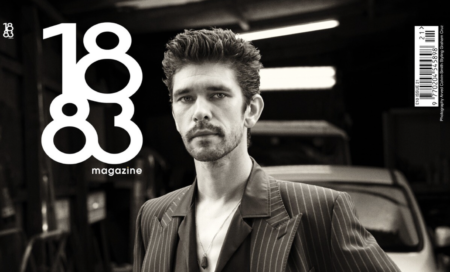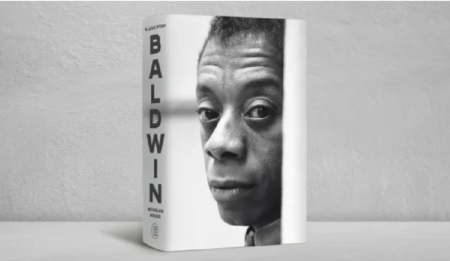Will Tosh’s ‘Straight Acting’ delves into the queer undertones of Shakespeare’s works, challenging traditional interpretations and suggesting the playwright’s potential queerness. Through historical analysis and literary exploration, Tosh presents a provocative perspective on Shakespeare as a possible queer icon.
In “Straight Acting,” Will Tosh, head of research at Shakespeare’s Globe, presents a provocative exploration of William Shakespeare through a queer lens. Published by Sceptre on June 13 and priced at £22, the book challenges centuries of interpretations by suggesting that Shakespeare may have been a queer icon.
Tosh highlights the sympathetic depictions of gay or transgressive love in Shakespeare’s works, which have often been downplayed or interpreted as purely platonic by earlier scholars. He argues that viewing Shakespeare’s life and works through a queer perspective provides a necessary corrective to traditional readings.
Shakespeare’s early life, exposure to homoerotic and gender-fluid Graeco-Roman stories, and his professional involvement in the gender-ambiguous world of theatre are examined. These contexts, according to Tosh, offer evidence that Shakespeare’s environment was imbued with queer elements.
The book employs historical context and fictional scenarios to explore Shakespeare’s potential queerness, detailing passionate male relationships and gender confusion in plays like Twelfth Night and As You Like It. Tosh juxtaposes these with fewer interpretations of heterosexual relationships within Shakespeare’s works.
Tosh’s argument is built on the poet’s more ardent expressions towards male subjects in his sonnets, suggesting a possibility that Shakespeare might have been sexually involved with men. Nonetheless, Tosh acknowledges that definitive conclusions about Shakespeare’s sexuality remain elusive.
“Straight Acting” thus encourages readers to contemplate the potential queerness of Shakespeare, offering a fresh perspective on the enigmatic playwright.


















